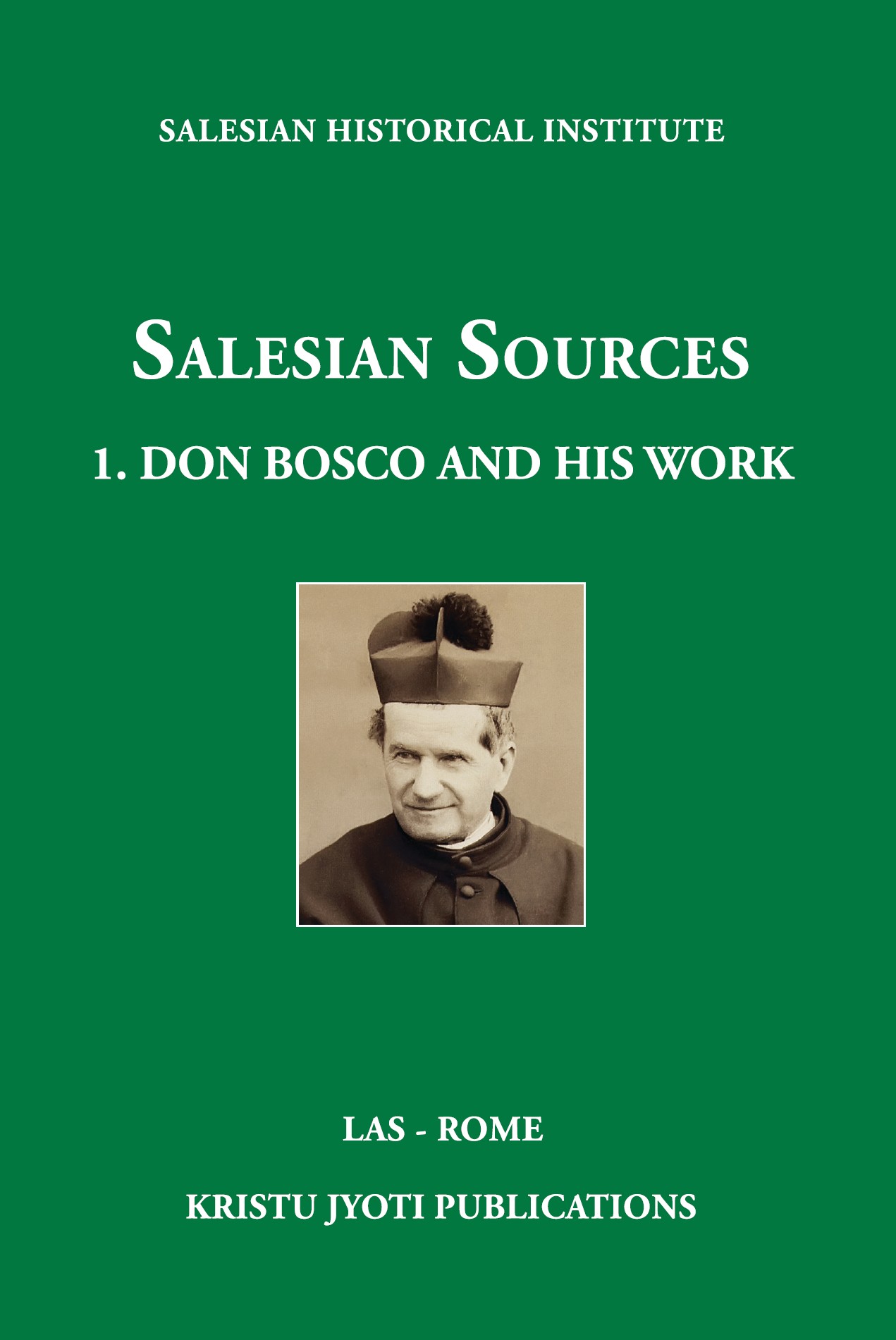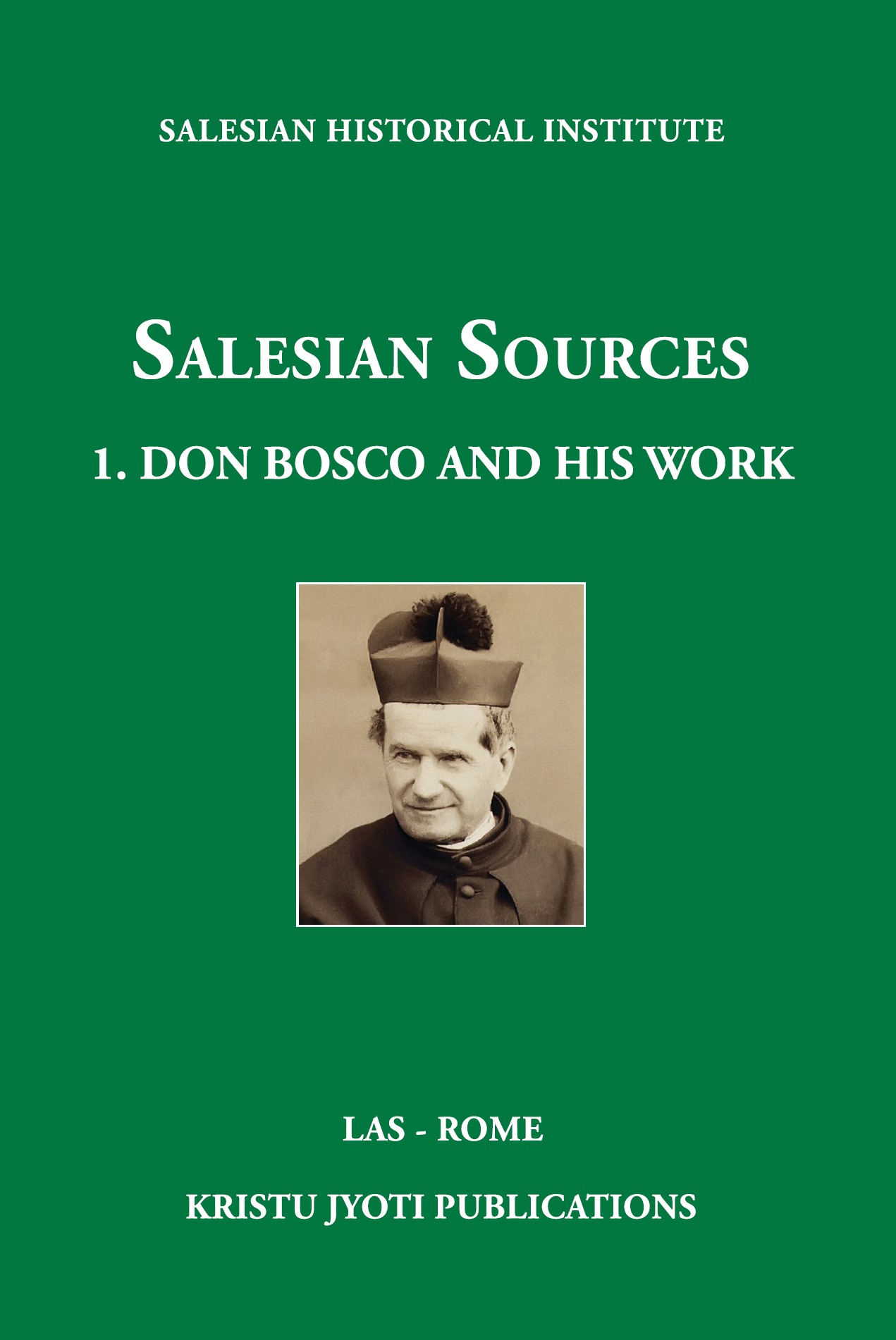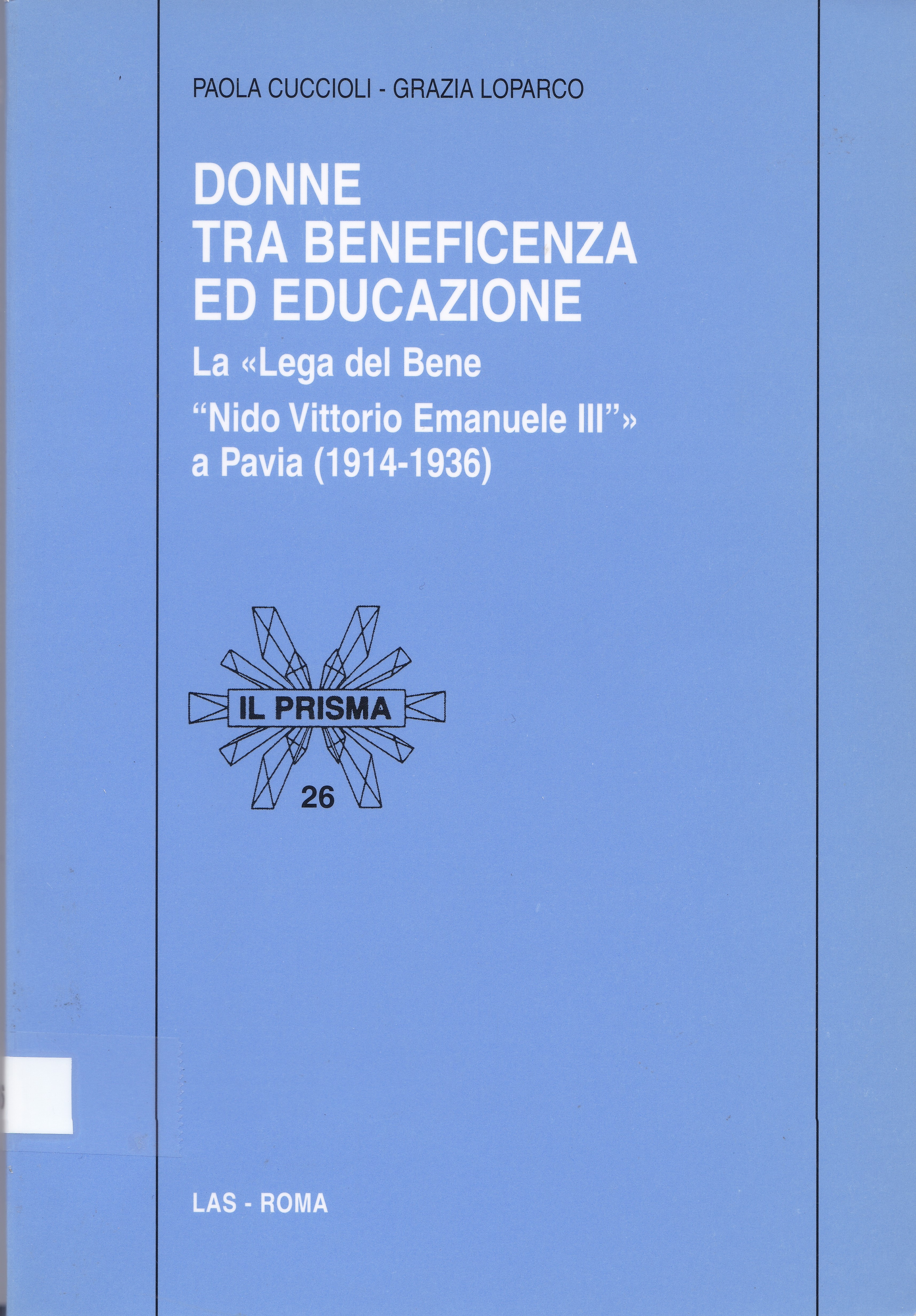The first text (no. 272) included here is an extract from a long conference which Don Bosco gave at the opening of the Patronage de St Pierre in Nice, on 12 March 1877. After summing up the events which led to the founding of the first Salesian House in France, thanks to the involvement of a group of lay people belonging to the St Vincent de Paul Society, supported by Bishop Pietro Sola, the saint said that the work was only set up because of the fruitful cooperation between the Salesians and the Cooperators. Then, pointing out the principal purpose of the Institution (“the good of humanity and the salvation of souls”), he concluded with the reflection that we offer here, focused entirely on practical charity, works of mercy, essential features of true Christian discipleship and on the eternal reward that comes from it (cf. Mt 25:34-35).
Continue reading “Giovanni Bosco – Cooperators in the salesian mission”




